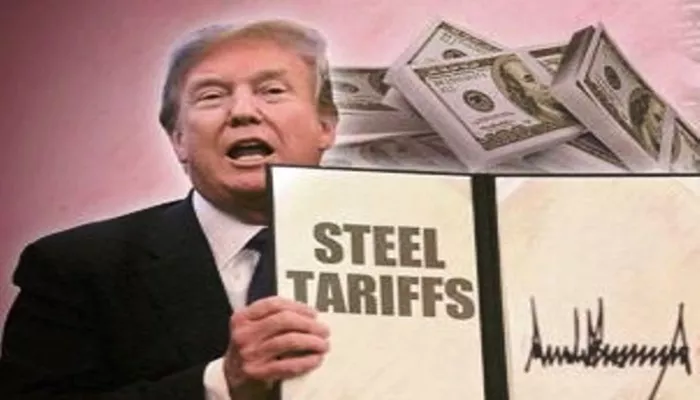On Wednesday, as US President Trump implemented a 50% tariff policy on imported steel and aluminum, the issue of US tariffs once again became a focal point of attention in Europe. Canada and Mexico are the largest exporters of steel to the United States. Other major source countries include Brazil and South Korea.
Impact on European Exporters
European countries that export steel to the US, such as Germany, Italy, Sweden, and the Netherlands, will be severely hit by the new 50% tariffs. However, the United Kingdom has received a temporary exemption and will maintain a 25% tariff rate for the time being. Meanwhile, details of its recent trade agreement with the US are currently being finalized.
UK’s Special Treatment
Local time on Tuesday, Trump stated while signing the steel tariff order that due to the “Economic Prosperity Deal” signed on May 8, the UK should receive “different treatment” compared to other European countries. Under this trade agreement, 25% of the tariffs are expected to be lifted. But Trump warned that if the White House “deems that the UK has not complied with the relevant terms of the Economic Prosperity Deal”, it might raise the tariffs on the UK to 50% “on or after July 9”.
UK Steel Industry’s Response
According to data from UK Steel, in 2024, the US accounted for 7% of the total UK steel exports, with a trade volume of 370 million pounds (5 billion US dollars). Gareth Stace, the organization’s chief executive, said on Tuesday that the UK’s exemption from the 50% tariff is “a welcome breathing space”. However, he urged the UK and the US to implement the trade agreement to completely eliminate tariffs.
In a statement, Stace said: “Maintaining a 25% tariff will benefit the goods already in transit. We were concerned that these goods would face higher tariffs.” He added: “However, there is still uncertainty regarding the timing and final tariff rate. Now American customers even question whether they should take the risk of ordering British steel.”
He warned that, “At a time when there is a global oversupply of goods and weak demand has left our steel industry struggling”, tariffs have further worsened the situation.
Related topics:

